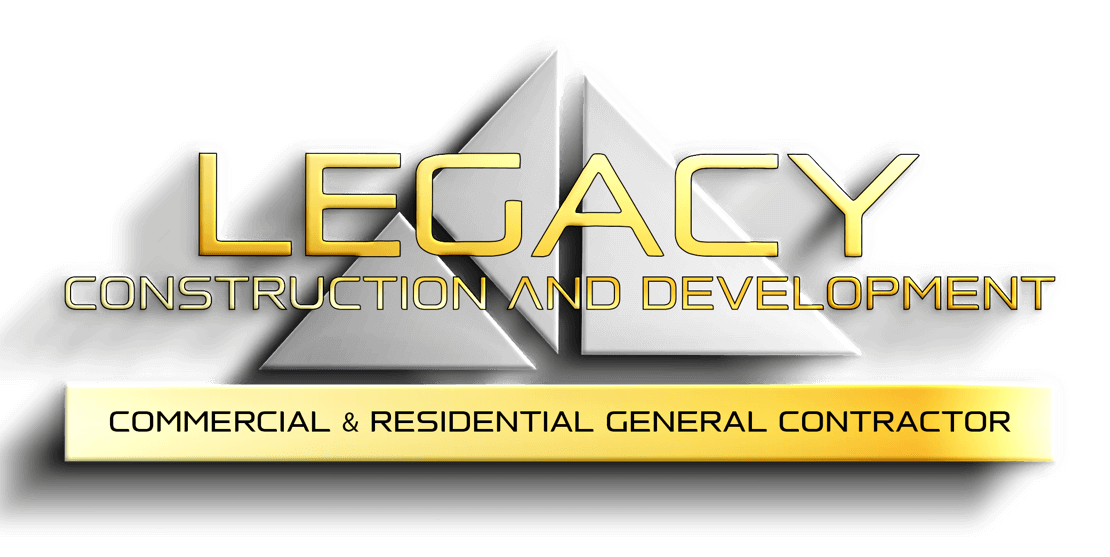Mold growth is a common concern for homeowners in New Orleans, given the city’s humid subtropical climate and frequent exposure to heavy rainfall and flooding. Understanding whether your homeowner’s insurance policy covers mold remediation in New Orleans is crucial for protecting both your property and finances.
Understanding Mold Coverage in Homeowner’s Insurance
Homeowner’s insurance policies vary, but many provide coverage for mold damage if it results from a “covered peril.” Covered perils are specific events outlined in your policy, such as sudden and accidental incidents. For instance, if a pipe bursts unexpectedly, leading to water damage and subsequent mold growth, your policy may cover the costs of mold removal in New Orleans.
However, mold damage resulting from maintenance issues, such as long-term leaks or poor ventilation, is typically not covered. Insurance companies expect homeowners to perform regular upkeep to prevent such problems.
Mold Exclusions and Limitations
It’s important to note that some insurance policies have specific exclusions or limitations regarding mold coverage. Certain policies may exclude mold-related claims altogether, while others might impose caps on the amount payable for mold remediation in New Orleans. These caps can range from $1,000 to $10,000, which may not cover the full extent of a severe mold infestation.
Given New Orleans’ high humidity and flood risk, some insurers might exclude mold coverage due to the increased likelihood of claims. Therefore, it’s essential to review your policy carefully and consider purchasing additional mold coverage if necessary.
Flooding and Mold Growth
In New Orleans, flooding is a significant concern due to the city’s low elevation and proximity to water bodies. Standard homeowner’s insurance policies typically do not cover flood damage, which includes mold resulting from flooding. To protect your home from flood-related mold damage, obtaining a separate flood insurance policy is advisable.
Preventative Measures
To minimize the risk of mold growth and potential disputes with your insurance provider, consider the following preventative measures:
- Regular Maintenance: Inspect your home for leaks, especially after storms, and repair them promptly.
- Proper Ventilation: Ensure areas prone to moisture, like bathrooms and kitchens, are well-ventilated.
- Use of Dehumidifiers: In particularly humid areas of your home, dehumidifiers can help control moisture levels.
- Prompt Water Damage Response: Address any water intrusion immediately to prevent mold from developing.
By taking these steps, you can reduce the likelihood of mold growth and strengthen any potential insurance claims related to mold damage.
Conclusion
Determining whether your insurance will cover mold removal in New Orleans depends largely on the specifics of your policy and the cause of the mold. It’s imperative to review your homeowner’s insurance policy to understand its coverage and limitations regarding mold. If necessary, consult with your insurance agent about adding endorsements for mold or flood coverage to ensure comprehensive protection.
If you discover mold in your home, acting swiftly is essential. Delaying remediation can lead to more extensive damage and complicate insurance claims. For professional assistance with mold remediation in New Orleans, contact Legacy Construction. Our experienced team is equipped to handle mold issues efficiently, helping to restore your home to a safe and healthy condition.

